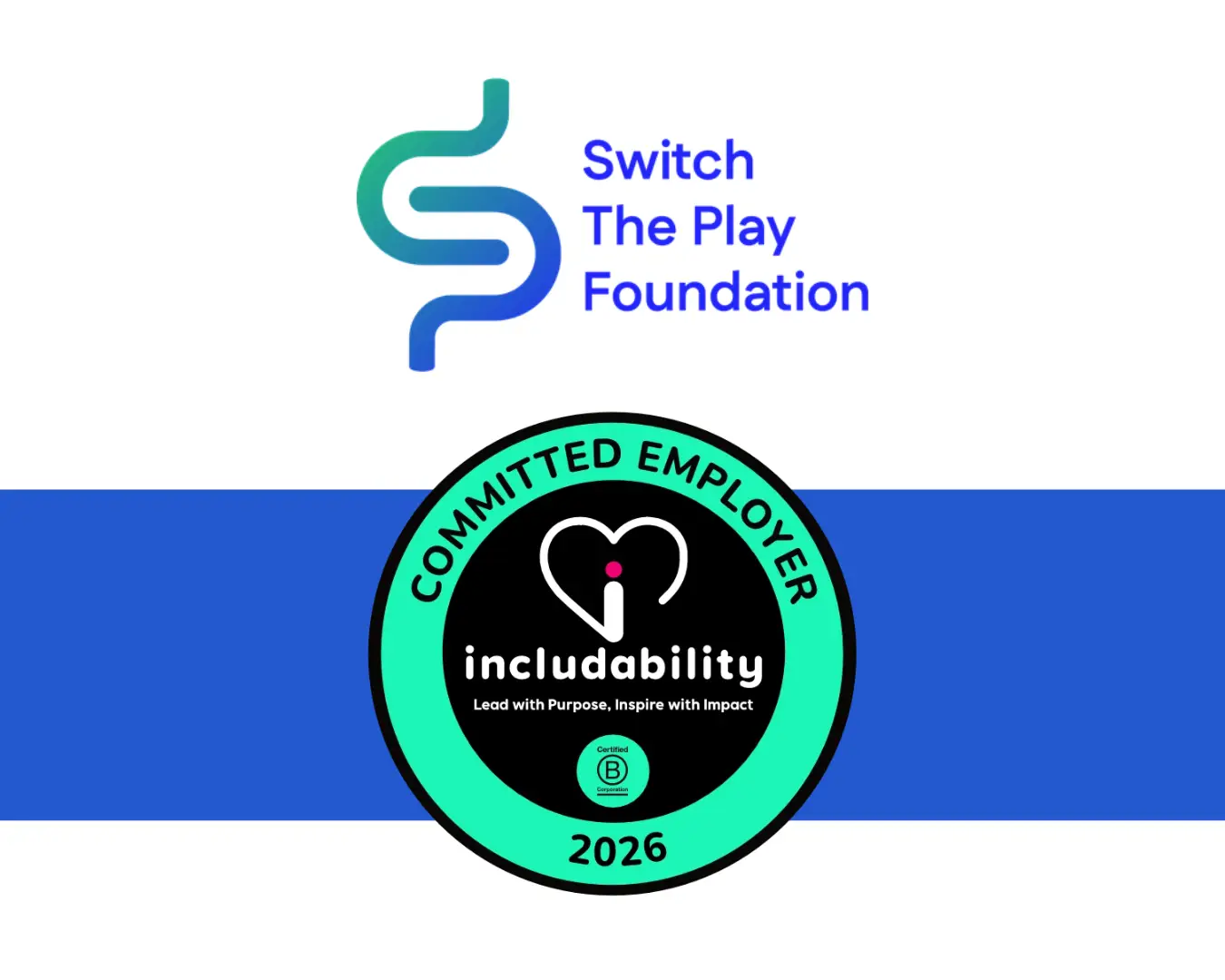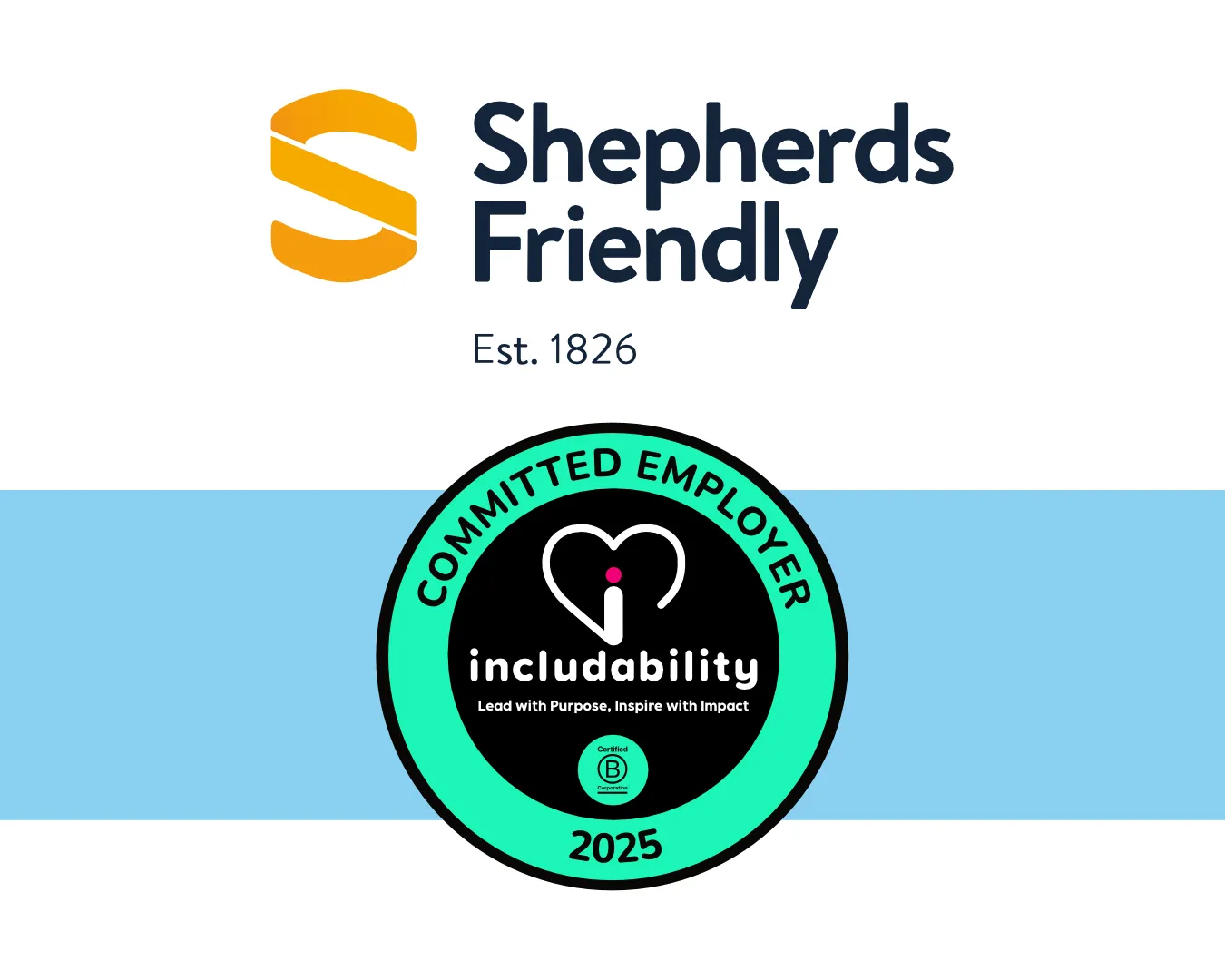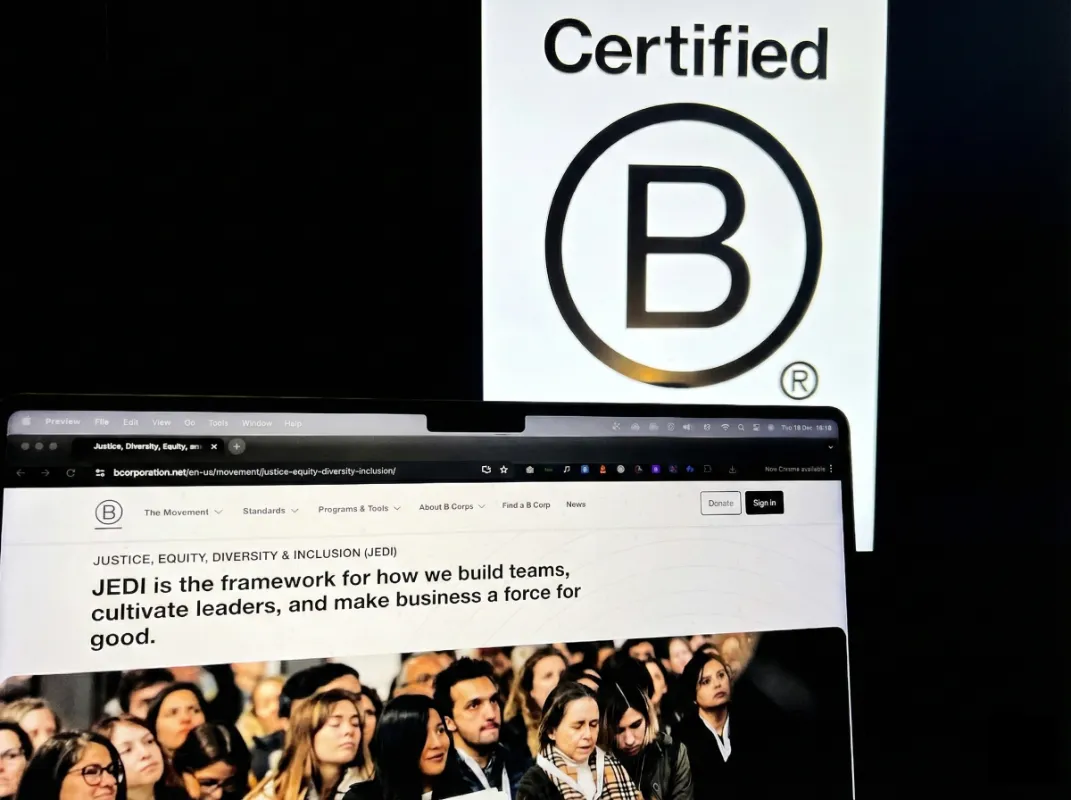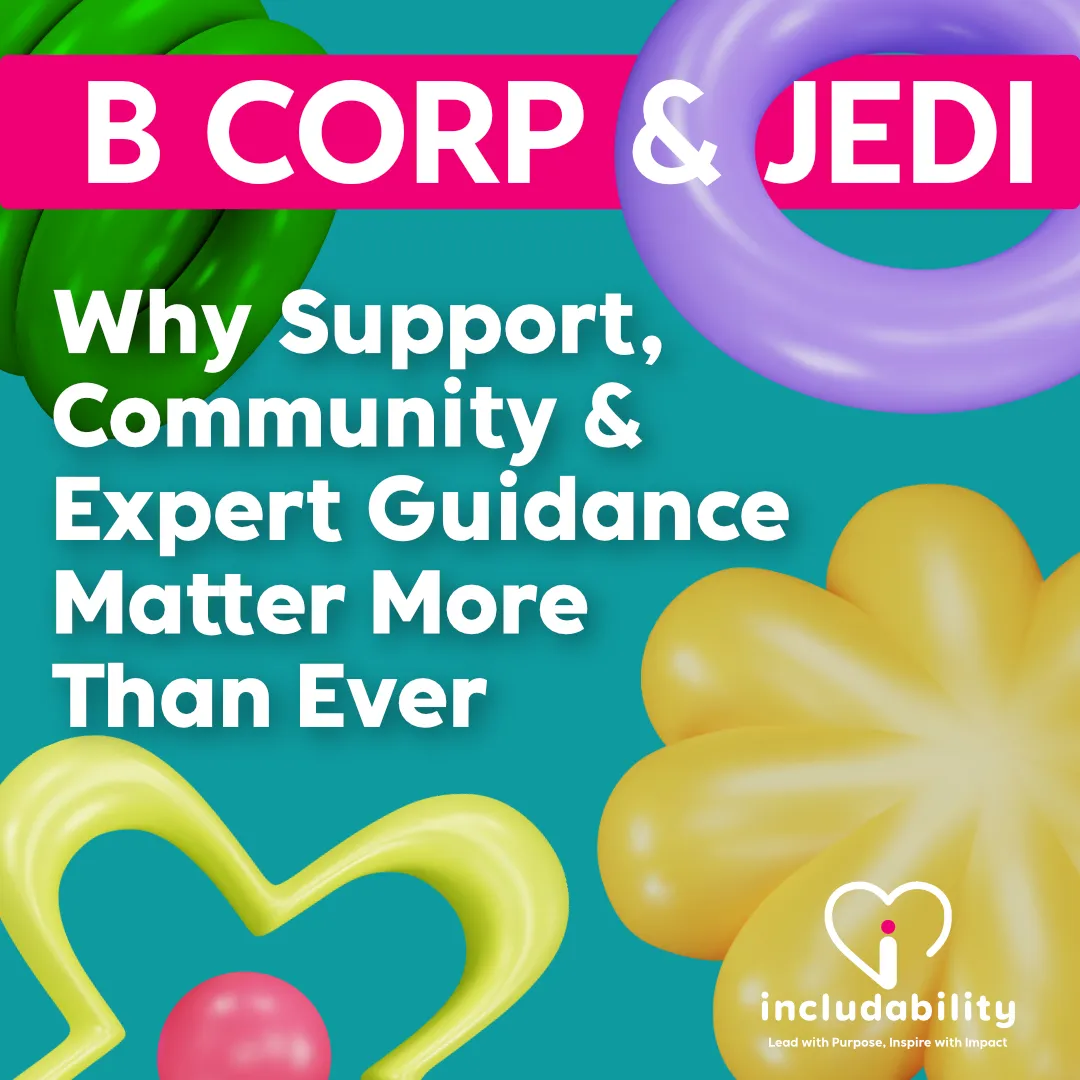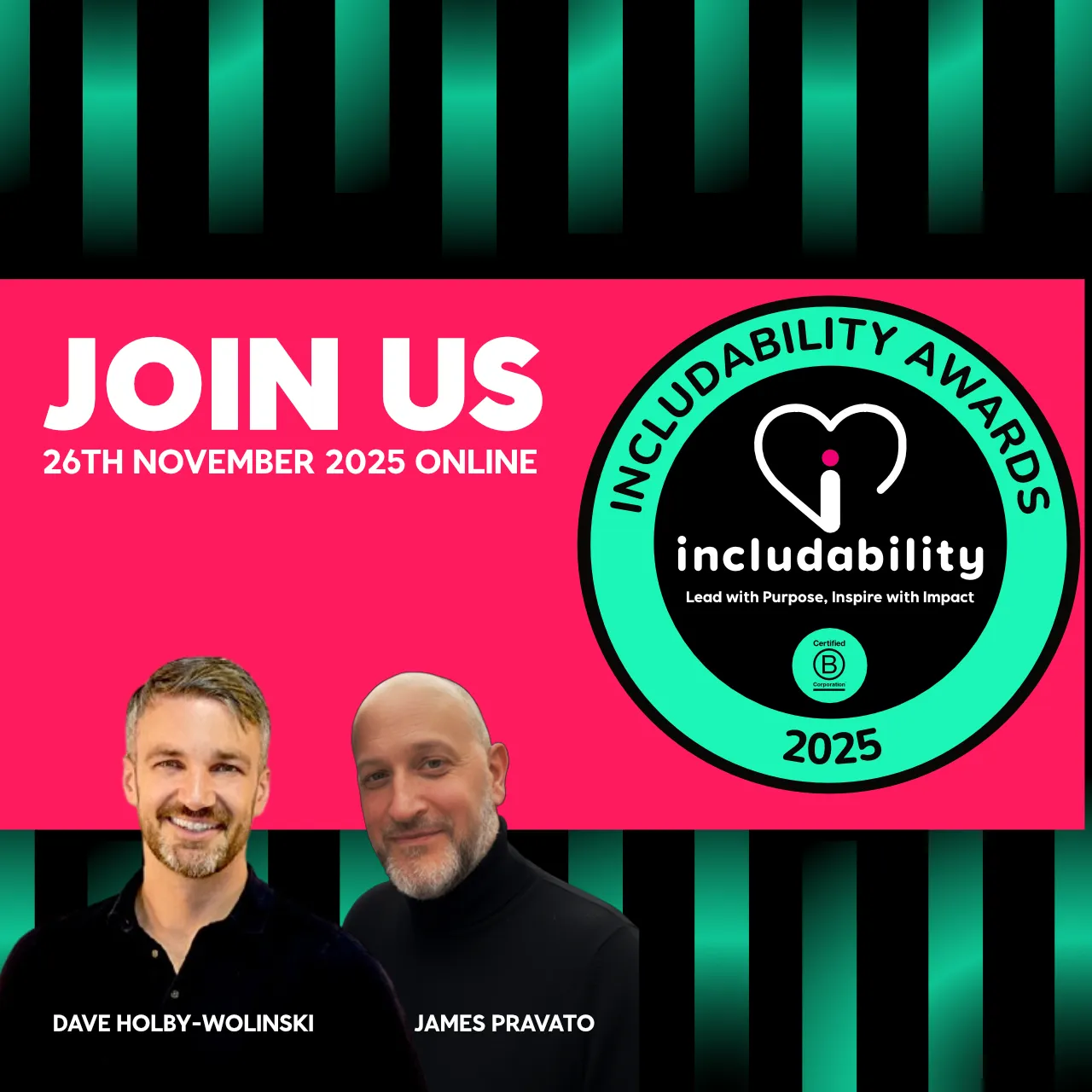What is Pride Month? Everything you need to know.
Pride Month, celebrated each June, honors the enduring fight for LGBTQ+ rights. It's a mix of celebration and protest, emphasizing resilience and activism. The article explores the history of Pride, its significance, and how organisations can support LGBTQ+ inclusion and pride throughout the year.

A Quick Guide to the Pride Protest and Celebration

Each June, communities around the world come together to honour the LGBTQ+ individuals who have paved the way for progress, while acknowledging the challenges that still lie ahead. It’s a testament to resilience, activism, and the ongoing fight for equality.
Pride Month is not just a celebration, it's a protest against continued inequalities the LGBTQ+ community continue to face when attentions are not on continuing the struggle for equal rights – to prevent both the erosion of rights and to show solidarity with community members, at home and around the globe, who have fewer rights.
We delve into the history of Pride Month, its importance, and ways to celebrate it at work, what it means to our Includability Ambassadors, and how Includability can support your organisation in fostering LGBTQ+ inclusion and pride year-round.
What is Pride Month?
Pride Month is a globally recognised celebration and commemoration of the LGBTQ+ community. It's a time when people come together to honour the history, struggles, and achievements of LGBTQ+ individuals, while also advocating for equality and acceptance.
Displaying the rainbow flag, organising uplifting parades with floats and celebrities, joyous festivals, workshops, and parties are among the principal components of the celebration aspect of Pride Month.
The protest element of Pride is still very much needed for the LGBTQ+ community as; the UK’s failure to ban conversion therapy practices, counties continuing to impose death penalties for LGBTQ+ members, and the slowing uptake of Transgender rights around Europe, serve as just a few examples of continued inequality.
The news of the UK lagging behind the progressive countries in Europe on introducing new Trans rights and even blocking a Self-ID bill from passed by the devolved Scottish government, led to our Ambassador, Katie Neeves, Founder and Director of Cool2BTrans, to comment:
“As a trans person in the UK, that is absolutely nothing to celebrate about Pride at the moment. It is a protest and we have so much to protest about. Our rights are under threat like at no other time. When we have our rights back, then it will be time to celebrate Pride.”
Katie Neeves, Founder and Director of Cool2BTrans
The History of Pride Month
Pride Month has deep roots in activism and resistance. It commemorates the Stonewall Riots, which erupted in response to a police raid on the Stonewall Inn, a popular gay bar in New York City.
The uprising began in the early hours when New York City police raided the Stonewall Inn, a gay club located in Greenwich Village in New York City. The raid sparked a riot among bar patrons and neighbouring residents as police roughly hauled employees and patrons out of the bar. The riots marked a turning point in the LGBTQ+ rights movement, galvanising the community to fight against discrimination and demand equal rights.
Memorials are held during this month for those members of the community who have been lost to hate crimes or HIV/AIDS. The purpose of the commemorative month is to recognise the impact that lesbian, gay, bisexual and transgender individuals have had on history locally, nationally, and internationally.
In the UK, Pride Month became a celebration of the repeal of Clause 28, a law which banned the "promotion" of homosexuality in schools as a "normal family relationship", which had caused controversy ever since its introduction in 1987.
The meaning of Pride can be subjective as well, as members of the community with have different experiences and interactions which can shape them. For one of our Includability Ambassadors, Pride means:
"For me, Pride should be a celebration that happens all year
People
Respecting
Identity
Diversity
Equality
"It doesn't matter who you are, or how you identify. Everyone deserves the right to be treated with dignity and respect as a basic human right, without hate or discrimination."
Joanne Monck OBE, LGBT Advocate and Speaker
When is Pride Month?
Pride Month takes place annually in June, commemorating the Stonewall Riots that occurred on 28 June 1969 with protests and clashes lasting for six days.
Pride is not confined to June and some Pride events may take place in July to commemorate the first official UK Gay Pride Rally, which took place in London on 1 July 1972, as it was the nearest Saturday to the anniversary of the Stonewall Riots.
Pride Month is also a chance for allies of the LGBTQ+ community to give their thanks for fighting inequality, especially those from the disabled and neurodiverse communities who took inspiration from standing up for one's rights.
"June is Pride Month and this can give businesses the opportunity to shout out and thank those in the LGBTQ+ community who work tirelessly to champion equality and respect for all within the work place and their community."
Anna Kennedy OBE, Chairperson, AnnaKennedyOnline & Autism Champion
Why is Pride Month important?
Pride Month is important as it celebrates LGBTQ+ identity and culture, promoting visibility and acceptance for diverse sexual orientations and gender identities. It also honours the history of the LGBTQ+ rights movement and the ongoing struggle for equality and inclusion.
Pride Month serves as a platform to raise awareness about the issues facing LGBTQ+ individuals, from discrimination and violence to lack of legal protections and healthcare access. It's an opportunity to advocate for change, challenge stereotypes, and promote social justice.
It also highlights ongoing concerns with the rising numbers of trans murders and violence. Those who are part of the ‘silent letters’ groups within the community (including non-binary, agender, gender queer) also face discrimination, harassment, and erasure.
Pride serves as a reminder of the struggle for progress. It can be too easy wash away the protest elements with celebration, or to use the progress won so far as an excuse to silence further progress.
“I feel like the concept of Pride has been lost over the last few years to many. Is it important to celebrate how far we have come? Yes of course. But also, pride is a protest. It’s a march to show solidarity and support for the LGBT+ community who now more than ever need it. I think we need to stop putting the emphases on celebrate and start thinking about self-education, how we can all be better allies to each other, recognising our privilege and really calling out the corporate bullsh*t that exists every June. I’m not just a gay man for 30 days. I exist all year round.”
Chris Allan, Director of Your D&I
Ways to celebrate Pride Month at work
There are many ways to celebrate Pride Month at work and show support for LGBTQ+ colleagues and communities.
Some ideas include:
Hosting a Pride-themed event
Your business can host a speaker or ask your business’ LQBTQ+ support group to address you employees.
Organising a diversity training or workshop on LGBTQ+ inclusion and allyship
Consider engaging with a series of workshops or speakers than can extend beyond Pride Month. LGBTQ+ inclusion is a year-round topic.
Displaying Pride flags or other LGBTQ+ symbols in the workplace
This is considered a classic ‘easy-win’ but take care to avoid ‘Rainbow Washing’ – where corporations mark Pride on social media, without having a supportive workplace culture, or do not support LGBTQ+ communities as part of overseas operations in countries with anti-LGBTQ+ laws in place.
Supporting LGBTQ+ organisations and charities through donations or volunteer work
Donating regularly throughout the year helps with education on LGBTQ+ history, shows allyship, and helps activists and campaigners continue to fight against ongoing inequalities.
Encouraging open dialogue and conversation about LGBTQ+ experiences
Learning about the needs and experiences of LGBTQ+ employees can help to further the goal of genuine workplace inclusion where LGBTQ+ employees feel valued and free to raise concerns.
Raising LGBTQ+ Awareness
Normalising LGBTQ+ inclusion with your organisation can help identify and reduce homophobic ‘banter’.
Sara Matthews, Founder of ODiSEE comments on how awareness of LGBTQ+ topics can help businesses engage with the celebration aspect of Pride:
“Like all celebrations this is an opportunity for people to come together and raise awareness of the positivity of having a pride community but also to highlight the continuing challenges that people face from homophobia. Pride supports empowerment and demonstrates there is a community for people to see others like them and give confidence to people to be themselves. Pride provides an opportunity to support the LGBTQ+ community and provide allyship. It is important that everyone speaks up and out against discrimination of any kind.”
Sara Matthews, Founder of ODiSEE
How Includability can help your organisation be an inclusive employer and celebrate Pride month
At Includability, we're committed to fostering diversity, equity, and inclusion in the workplace, including LGBTQ+ inclusion. Our community platform offers resources, training, and support to help organisations create LGBTQ+ inclusive workplaces and mark Pride Month in meaningful ways.
From diversity training and policy development to community engagement and advocacy, Includability can help your organisation create a culture of belonging where all employees feel valued, respected, and supported. Join us today and begin your inclusion journey!
Related resources & events
Sign up for our newsletters
We have an employer and Job seeker newsletter giving you all the latest information in one easy and digestible email. Sign up today for news and job advice straight to your inbox.







